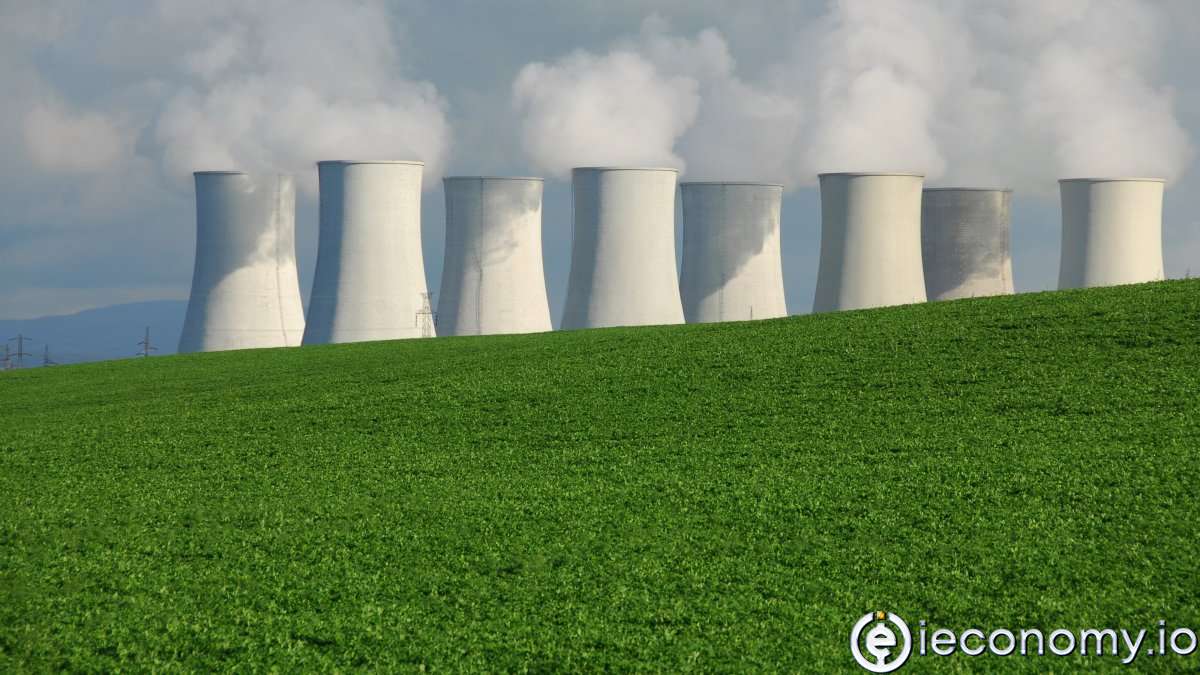2268
0
Atomic energy has a key role to play in tackling climate change
Atomic energy has a key role to play in tackling climate change. Many environmentalists have long been skeptical about atomic energy.

Yazar: Tom Roberts
Yayınlanma: 3 Kasım 2021 21:24
Güncellenme: 19 Şubat 2026 04:41
Atomic energy has a key role to play in tackling climate change
Atomic energy has a key role to play in tackling climate change and meeting the world's energy needs. This was announced on Tuesday by the Director General of the International Atomic Energy Agency (IAEA) Mariano Grossi. Many environmentalists have long been skeptical about atomic energy. They point to the risk of catastrophic accidents and persistent problems in nuclear waste management. However, with concerns that the world is reducing greenhouse gas emissions too slowly, there is a new interest in nuclear energy, says Grossi. According to him, he noticed a special interest in younger people, which is related to the fact that they do not have the "cultural burden" that some older environmentalists associated with nuclear energy. Nuclear energy currently accounts for more than a quarter of non-fossil energy and produces very few greenhouse gas emissions, which countries have pledged to eliminate by the middle of the century, Grossi said at a UN climate summit in Glasgow. "It is clear that nuclear energy is and can be an even better, more effective tool to achieve these very, very ambitious goals that countries have set for 2030, 2050 or whatever," Grossi said. He identified the stability of supply compared to fluctuations in wind or solar energy production as one of the key advantages of nuclear energy. "When you think of the ideal energy mix, you need stability, you need a basic load and you need capacity that supplies energy to the economy 24 hours a day, 7 days a week, without any interruption," said the IAEA chief.İLGİLİ HABERLER





European stocks soared and focus shifted to German retail sales after Powell's speech!

Forex Signal For TRY/USD: Inflation Slowdown in November.

Forex Signal For GBP/USD: Bullish Trend Still Not Breaking While Recovery Continues.

Forex Signal For EUR/USD: Starry US Data Points to Higher Fed Increases.

Forex Signal For BTC/USD: Downside Continues as Bitcoin Recovery Moves Less.
En Popüler Haberler
Yorum Yap
Yorumlar
Henüz yorum yapan yok! İlk yorumu siz yapın...